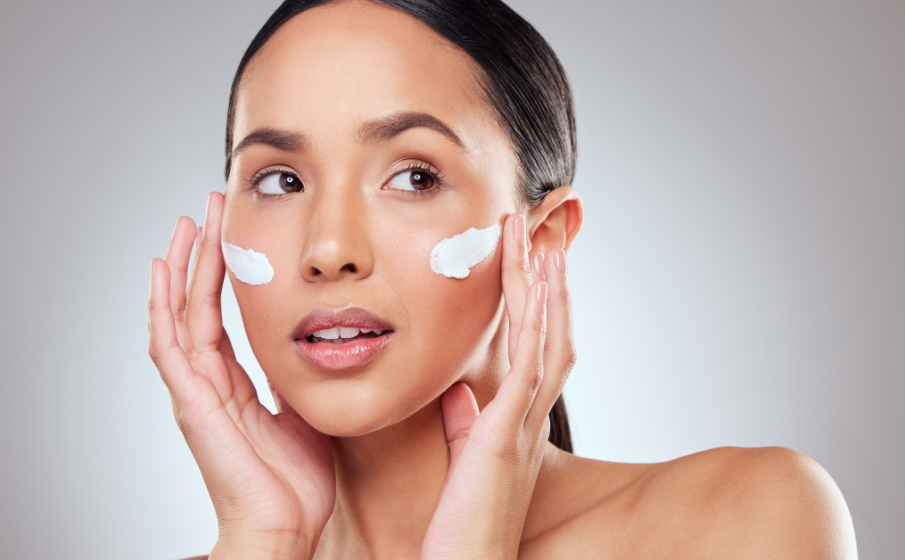Skincare products for sensitive and allergic skin: How to choose safe and effective products

1. Understanding Sensitive and Allergic Skin
a. What is Sensitive Skin? Sensitive skin is easily irritated by external factors such as temperature changes, skincare products, and environmental conditions. It often shows signs like redness, burning, itching, and dryness.
b. What is Allergic Skin? Allergic skin reacts to certain substances, which can include ingredients in skincare products, food allergens, or other triggers. Symptoms may include rashes, hives, itching, and sometimes swelling.
2. Ingredients to Look For
**a. Soothing and Hydrating Ingredients:
- Aloe Vera: Known for its soothing and calming properties, making it ideal for irritated skin.
- Hyaluronic Acid: Excellent for hydration and helps maintain moisture levels in the skin.
- Panthenol (Vitamin B5): Supports skin healing and has calming effects.
**b. Protective Ingredients:
- Niacinamide (Vitamin B3): Helps reduce redness and strengthens the skin’s barrier function.
- Centella Asiatica: Promotes skin repair and alleviates irritation.
**c. Ingredients to Avoid:
- Alcohol: Can dry out and irritate sensitive skin.
- Sulfates: Harsh detergents that can cause dryness and irritation.
- Parabens and Artificial Fragrances: May be irritating and trigger allergic reactions.
3. Types of Products for Sensitive and Allergic Skin
**a. Cleansers:
- Choose products that are free from soap and alcohol. Opt for gentle, non-drying formulations.
- Examples: Water-based gels, or products with soothing ingredients like aloe or panthenol.
**b. Toners:
- Choose alcohol-free toners with soothing and hydrating properties.
- Examples: Toners with niacinamide, cucumber extract, or rose water.
**c. Serums:
- Opt for serums that contain soothing and hydrating ingredients and those that support skin repair.
- Examples: Serums with hyaluronic acid, niacinamide, or vitamin E.
**d. Moisturizers:
- Choose lightweight, non-comedogenic formulas.
- Examples: Moisturizers with ceramides to strengthen the skin barrier, or products with aloe and panthenol.
**e. Sunscreens:
- Opt for mineral-based sunscreens with SPF that are less likely to irritate.
- Examples: Sunscreens with zinc oxide or titanium dioxide.
4. Testing Skincare Products
**a. Patch Test:
- Always perform a patch test on a small area of skin before fully applying a new product to check for adverse reactions.
**b. Monitor Reactions:
- Observe how your skin responds to new products over a few days. Avoid using multiple new products at once to prevent potential irritation.
5. Additional Tips
**a. Avoid Overuse:
- Don’t apply too many products with active ingredients simultaneously to avoid overwhelming the skin.
**b. Consult a Dermatologist:
- If you have concerns about managing sensitive or allergic skin, consult a dermatologist. They can recommend products tailored to your specific needs.
Choosing the right skincare products for sensitive and allergic skin can help minimize irritation and keep your skin healthy. Always test new products and adjust your skincare routine to meet the needs of your skin.
